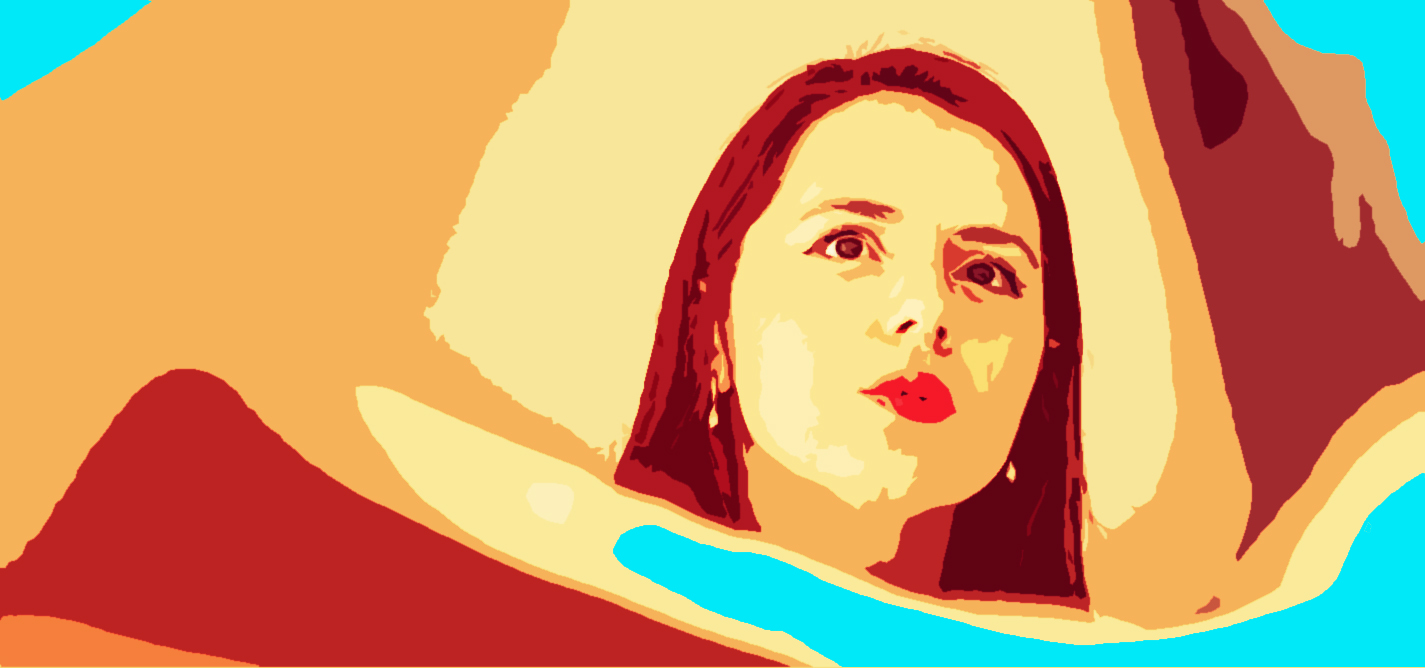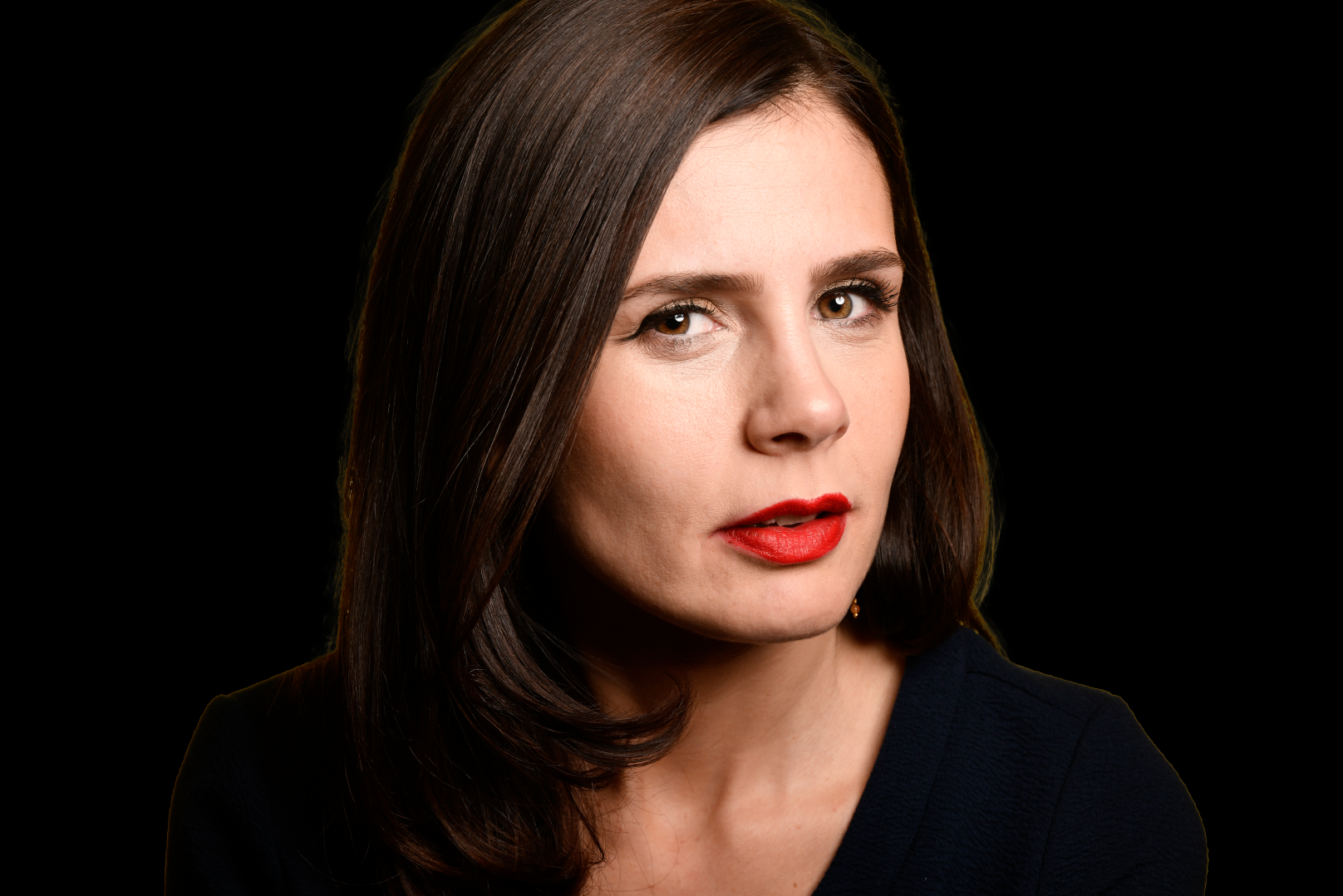
Rina Kika: Activism is inseparable from my work as a human rights lawyer
Kosovar lawyer discusses her work in protecting the most vulnerable.
There are few feelings in life that compare to the feeling of representing a case before the court.
I decided to change my focus and specialize and dedicate my work to the advancement of human rights.
There is a need to update and adapt state policies and measures to address social inequalities by generating data from the persons for whom these policies are developed.
State officials do not renounce the prejudices they have when they take on an official post, but they take them along when they exercise their duties

Dafina Halili
Dafina Halili is a senior journalist at K2.0, covering mainly human rights and social justice issues. Dafina has a master’s degree in diversity and the media from the University of Westminster in London, U.K..
This story was originally written in Albanian.